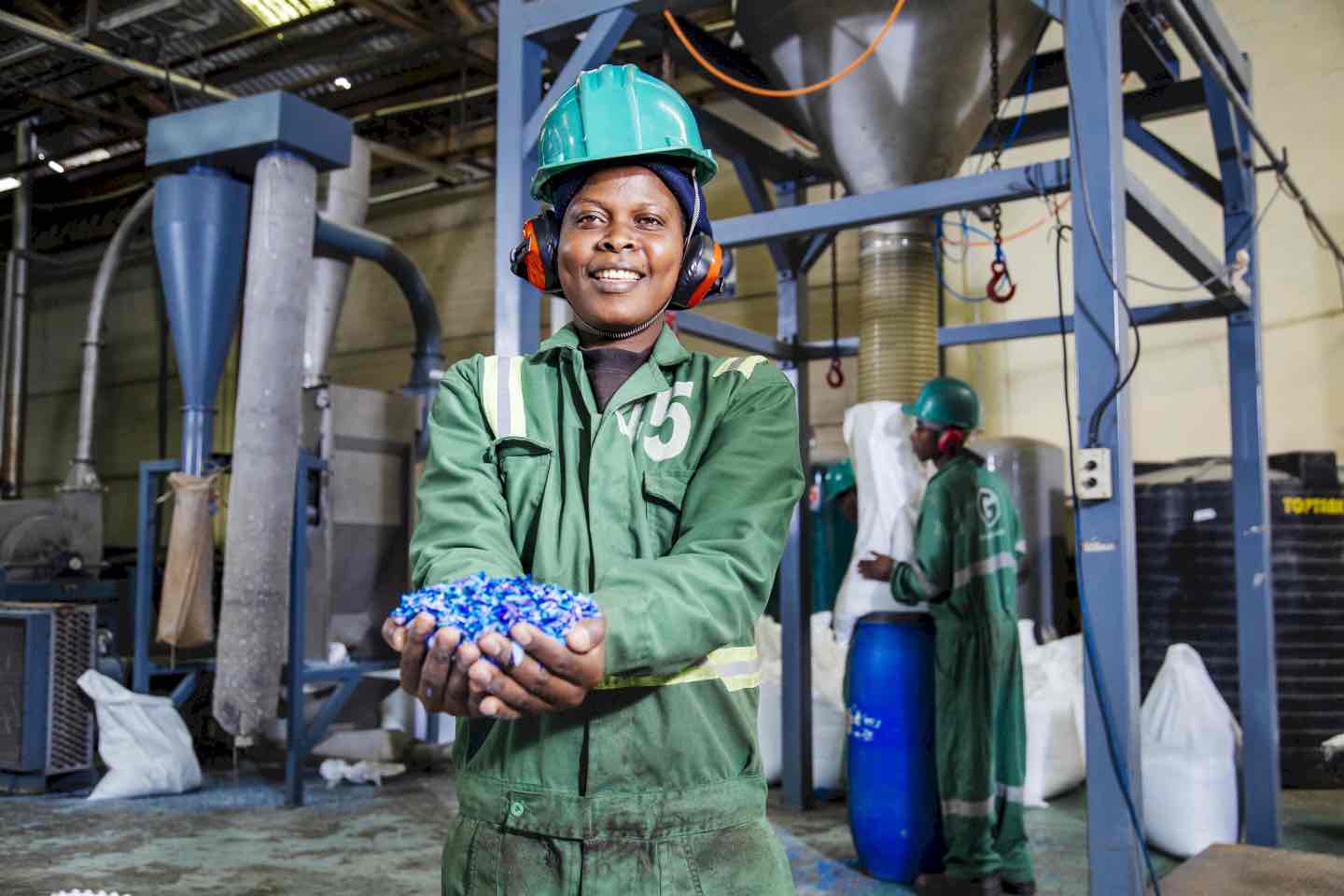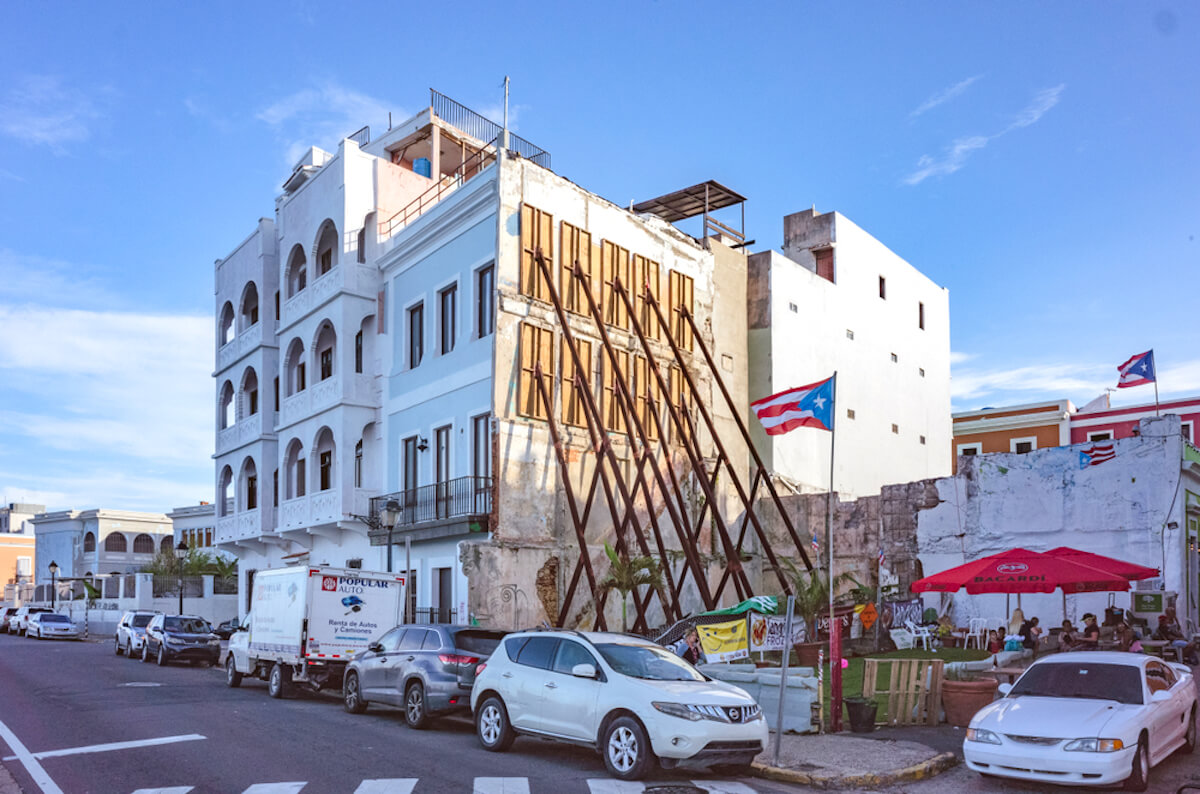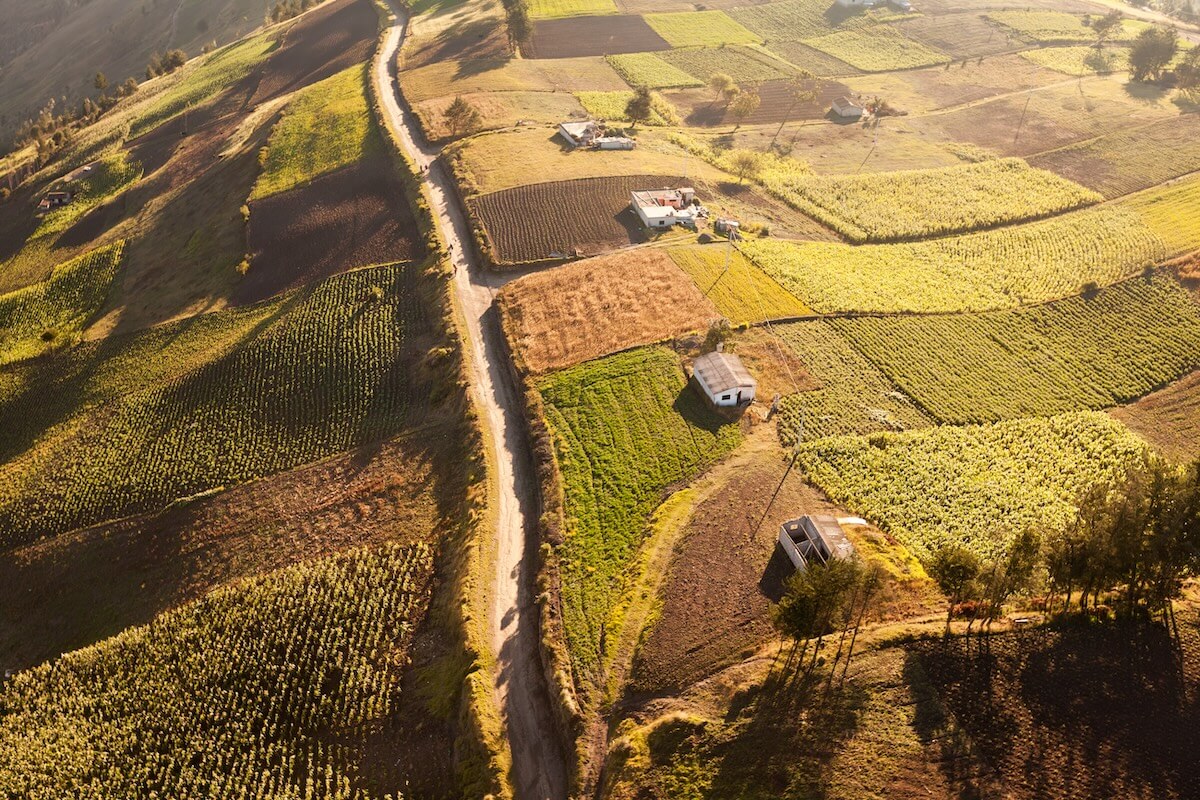ImpactAlpha, May 25 – During her fundraising, Maya Winkelstein knew there would be strong demand for Open Road’s emergency bridge loans because, well, stuff happens. And indeed, COVID-related shutdowns began just as Open Road closed its first $11 million tranche last March. Social enterprises serving vulnerable communities were themselves suddenly vulnerable and demand exploded.
The fund “could not have come at a better time,” Winkelstein told ImpactAlpha.
A year later, Open Road’s impact fund has deployed $11 million in loans to 30 social enterprises in food & agriculture, energy, education and other vital sectors. About two-thirds of the loans have been made in Africa.
One example: Mr. Green Africa, a circular economy startup in Nairobi, processes plastic waste sourced from waste pickers working in Nairobi’s informal recycling sector. A $350,000 loan from Open Road enabled the company to keep operating – and ink a deal with Unilever – when a planned capital raise was delayed by the pandemic.
Returns on resilience
Open Road’s bridge loans helped mission-driven enterprises maintain operations, preserving some $100 million of impact through the pandemic that would have otherwise been jeopardized.
Delayed funding rounds, additional expenses and supply-chain disruptions are continuing challenges. But rather than needing six months of cash flow to simply survive, many social enterprises are now thriving and on the path to scale, says Winkelstein.











